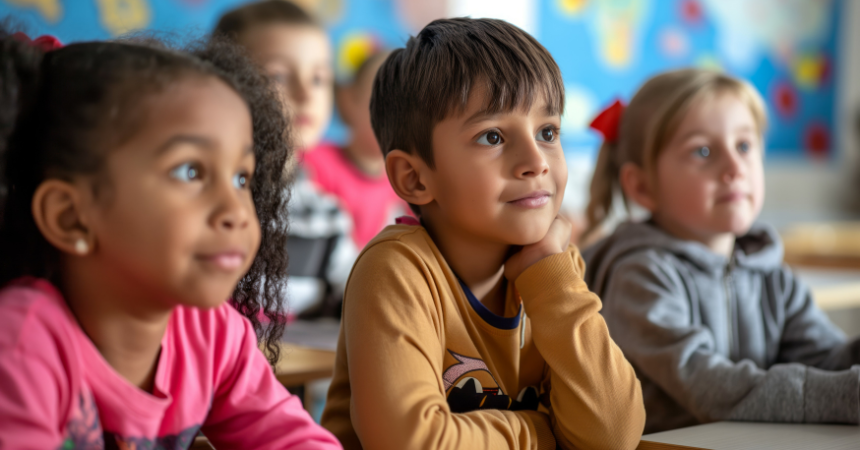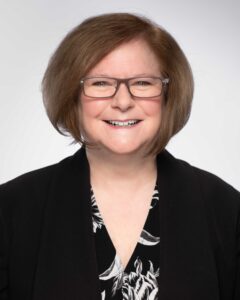Politicians Beware: Our Children Are Watching and Learning


By Diane Whitehead, President & CEO
Childhood Education International is a non-partisan organization, meaning that we don’t take sides in political matters to promote the ideas of specific political parties. Rather, we work with all government administrations to further their support for children’s education and well-being.
With this in mind, we have been watching the tenor of politics around the world these days – especially during election cycles – and it has created a real concern for those of us working in child development organizations.
Adults running for political office have become much less concerned over the past years about serving as good examples for society and for our children. Those running for political office seem to think that children are not watching them, but they are. Name-calling and demeaning, humiliating, and treating others with shameful disrespect seems to be the way that political debate is evolving, and this trend has been noticeable worldwide.
Of course, political maneuvering has always been a part of campaign competition in nations where elections are held. Politicians have never been known for being overly polite about their opponents; after all, elections are contests where there is only one winner so the rivalry can be intense.
However, the political discourse of today, especially during elections, goes much further than momentary quarrels about policies or an occasional inappropriate slight against an opponent. Today’s political discourse is often quite shocking as it often includes language of disdain, contempt, and insults of loathing that border on hate.
Children hear this language being repeated in the news or when adults echo these inappropriate comments in front of them. Children are like sponges. They are continually soaking up information about how to regard and relate to others.
Children hear what politicians say and repeat these words to their friends, family members, caregivers, teachers or neighbors. They learn that to some politicians being human means to dehumanize others, and they copy this behavior.
It is unfortunate indeed when we have to explain to children that the language of our politicians – those who are vying to lead and be the voice of our communities and nations – is not acceptable, and that they are not abiding by the same “golden rule” that applies to us all: treat others as you would hope to be treated.
Ultimately, it is up to all of us to set the tone for living together in more agreeable ways. If we all simply accept the discourteous and ill-mannered comments made by some politicians about their opponents and ignore the fact that children are watching, then we have set a very low bar for our humanity. We must all stop and think about the type of world we are creating, especially when we see those striving for leadership positions disparage and demean others.
The children are watching, and they are learning from all of us. Let’s live up to their hopeful expectations for a better future and call out for civil political discussions and debates.
 Diane Whitehead, President & CEO
Diane Whitehead, President & CEODiane Whitehead has dedicated her career to issues that affect the lives of children and families. She specializes in global education, children’s education and learning, the human right to education, nonprofit leadership, management, strategic direction-setting, and program development.
Through her strategic guidance and management of this 130+year-old organization, Diane has expanded its global reach, built partnerships with education-focused organizations around the world, designed impactful programs, and participated in key international education forums and United Nations’ initiatives, a recognition of her commitment to transforming education. As Chief Executive Officer, she is dedicated to building CE International’s relevancy, reach, and impact.
Diane is the creator of Education Diplomacy and co-author of the Education Diplomacy Professional Standards. She also co-authored the International Principles of Practice for Educators to guide and inspire practitioners and to elevate the education profession by highlighting the incredible service that educators provide to both international and human development. Both Education Diplomacy and the International Principles of Practice are forging new pathways for the professional development of educators.
Diane is available to speak on education topics, leadership, change management, and the future of humanity. If you would like to invite Diane for a speaker engagement at a conference or event, please contact Kacy Kostiuk, Director of Communications, at kkostiuk@ceinternational1892.org.
Childhood Education: Innovations is a bimonthly magazine dedicated to sharing unique, interesting, and stimulating information from schools and learning environments around the world. Whether you are facing specific challenges in your work or simply want to stay informed about the most recent ideas and innovations in childhood education, you will find inspiration and ideas in this education publication.
Articles can be accessed by paying a one-time download fee per article using the links below, or by subscribing. Subscribers receive new issues and access to more than 100 years of back issues.
Childhood Education International is an international development organization that works in partnership to co-create innovative solutions to educational challenges and secure bright futures for children’s learning and wellbeing.
Related initiatives and recent projects include:
Explore CE International's consulting services.